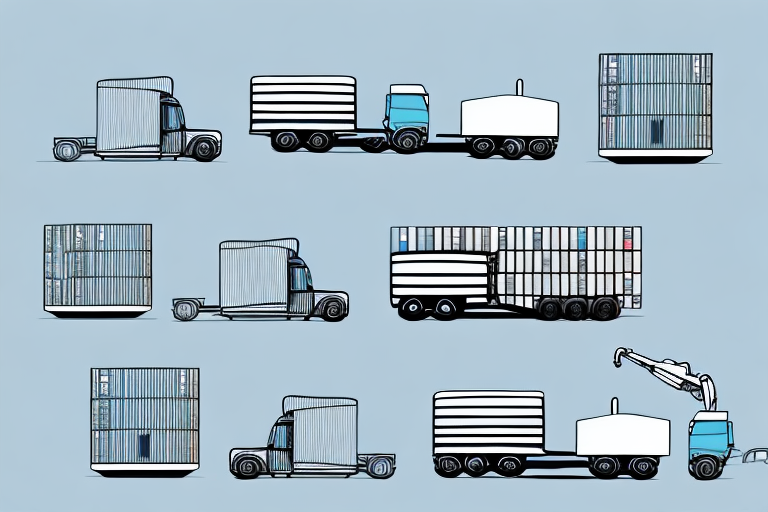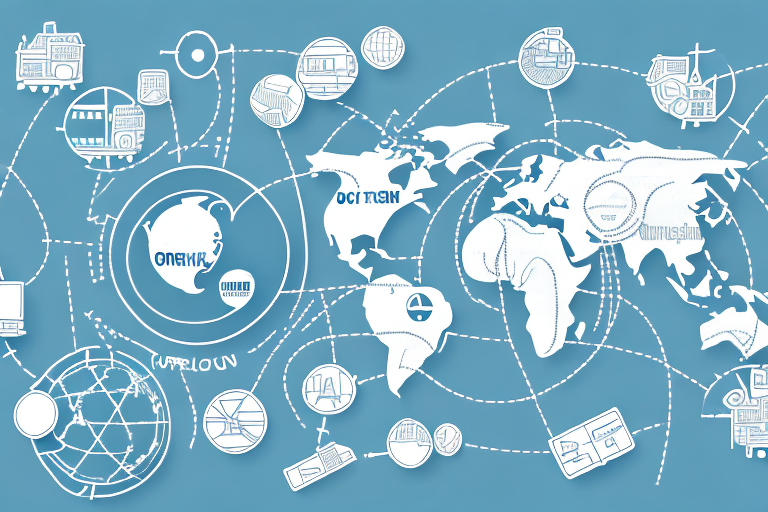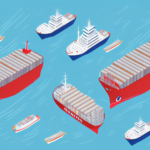Introduction to Cargo Owners Liability Coverage
The global supply chain is a complex network of interconnected activities involving multiple stakeholders, including shippers, carriers, freight forwarders, customs brokers, and warehouse operators. While the supply chain offers numerous benefits, it also presents significant risks that can result in financial losses, especially when cargo is damaged, lost, or stolen during transit. Cargo owners liability coverage provides essential protection to shippers and carriers against unexpected losses and liabilities within the supply chain.
Understanding Cargo Owners Liability Coverage
What is Cargo Owners Liability Coverage?
Cargo owners liability coverage is a specialized type of insurance that safeguards shippers and carriers against financial losses arising from the damage or loss of cargo during transport. This coverage typically includes liabilities related to cargo damage, theft, loss, pilferage, and non-delivery. Depending on the policy, it may also cover additional risks such as delays, contamination, and temperature deviations.
Importantly, cargo owners liability coverage differs from traditional cargo insurance. While cargo insurance covers the physical loss or damage of goods during transport, liability coverage specifically addresses the legal responsibilities of the cargo owner or carrier in the event of any damage or loss. This distinction is crucial for businesses that transport high-value goods or operate in high-risk areas.
Key Components of the Coverage
- Damage and Loss: Protection against accidental damage or total loss of cargo.
- Theft and Pilferage: Coverage for theft or unauthorized removal of goods during transit.
- Non-Delivery: Protection against scenarios where cargo fails to reach its intended destination.
- Additional Risks: Coverage for delays, contamination, and temperature-related issues depending on the policy.
The Importance and Benefits of Cargo Owners Liability Coverage
Mitigating Financial Risks
The supply chain is subject to ever-evolving risks influenced by technological advancements, legislative changes, and fluctuating economic conditions. Cargo owners liability coverage plays a pivotal role in mitigating these risks, ensuring that stakeholders are protected against potential financial setbacks. According to a report by OECD, logistics disruptions can lead to losses amounting to billions annually, underscoring the necessity of robust insurance coverage.
Legal and Regulatory Compliance
Many countries and regions mandate specific insurance requirements for cargo transportation. Failure to comply with these regulations can result in hefty fines and penalties. By securing appropriate insurance coverage, shippers and carriers can ensure compliance with all relevant laws, thereby avoiding legal complications and maintaining smooth operations.
Enhancing Operational Efficiency
With cargo owners liability coverage, the time and resources spent on resolving disputes and handling claims are significantly reduced. This efficiency translates to smoother operations and fosters trust among stakeholders, ultimately contributing to a more resilient supply chain.
How Cargo Owners Liability Coverage Works
Cargo owners liability coverage is usually part of a comprehensive cargo insurance policy. The coverage typically begins when the cargo leaves the shipper's facility and continues until it reaches the consignee's location. In the event of loss or damage, the policy covers the cost of the cargo up to the insured limit. Additional provisions may include costs related to rerouting the cargo or procuring replacement goods.
It's crucial for cargo owners to thoroughly review their policies to understand the specific coverage and any exclusions. Some policies may exclude certain types of cargo or specific causes of loss, such as intentional acts or natural disasters. To ensure comprehensive protection, cargo owners may opt for additional endorsements tailored to their unique shipping needs.
Types of Risks Covered Under Cargo Owners Liability Coverage
- Accidental Damage: Protection against unintentional damage caused by incidents like collisions or improper handling.
- Theft and Pilferage: Coverage for theft or unauthorized access leading to loss of cargo.
- Natural Disasters: Protection against events like hurricanes, floods, or earthquakes that can damage or destroy cargo.
- Regulatory Seizures: Coverage for losses due to cargo being detained or seized by customs or other authorities.
- Operational Risks: Protection against losses from delays, contamination, or temperature deviations, especially for sensitive goods.
However, it's important to note that certain high-risk cargos, such as hazardous materials or extremely high-value items, may have limited coverage or require specialized policies. Additionally, intentional acts or gross negligence by the cargo owner or their employees are typically excluded from coverage.
Choosing the Right Cargo Owners Liability Coverage
Assessing Specific Risks
Shippers and carriers must evaluate the specific risks associated with their operations. Factors such as the type of goods transported, routes taken, and modes of transport influence the coverage requirements.
Comparing Premiums and Deductibles
It's essential to compare premiums and deductibles across different insurance providers to ensure optimal value. While lower premiums might be attractive, they may come with higher deductibles or limited coverage.
Evaluating Insurer Reputation
Partnering with a financially stable and reputable insurer is crucial. Assessing an insurer's claims processing efficiency and customer service quality can significantly impact the overall insurance experience.
Geographical Coverage
Consider the geographical scope of the coverage. Some policies offer regional coverage, while others provide global protection. Ensure that the policy aligns with your transportation routes and destinations.
Managing and Filing Claims Under Cargo Owners Liability Coverage
Effective Policy Management
Regularly reviewing and updating your cargo owners liability coverage policy is vital to maintain adequate protection. Changes in shipping patterns, expansion into new markets, or introduction of new products may necessitate policy adjustments.
- Proper Documentation: Maintain accurate records of all shipments, including bills of lading, invoices, and receipts.
- Packaging Standards: Ensure that all cargo is appropriately packaged and labeled to minimize risks and avoid claim disputes.
Filing a Claim
In the event of loss or damage, promptly notify your insurer to initiate the claims process. Typically, the following documents are required:
- Bill of Lading
- Proof of Loss
- Photographic Evidence of Damage
- Inspection Reports
The insurer will investigate the claim and determine the coverage based on the policy terms. Timely and accurate documentation can expedite the claims process and result in quicker reimbursement.
Cost Factors and Market Trends in Cargo Owners Liability Coverage
Factors Affecting Premiums
The cost of cargo owners liability coverage is influenced by several factors:
- Insured Amount: Higher coverage limits typically result in higher premiums.
- Type of Cargo: High-value or fragile goods may incur higher premiums due to increased risk.
- Mode of Transport: Air transport might have different premium rates compared to sea or land transport.
- Destination: Shipping to or through high-risk areas can elevate premiums.
- Deductibles: Higher deductibles generally lower the premium cost.
Current Market Trends
The cargo insurance market is evolving in response to emerging risks and technological advancements. Notable trends include:
- Increased Cyber Risk Coverage: With the rise of digitalization, insurers are offering policies that address cyber threats like data breaches and supply chain disruptions.
- Integration of Digital Technologies: Technologies such as blockchain, IoT, and AI are being incorporated into insurance products to enhance transparency, efficiency, and security.
- Demand for Tailored Insurance Solutions: Customized coverage options are gaining popularity, allowing businesses to select policies that align closely with their specific needs.
Staying informed about these trends and collaborating with insurers can help shippers and carriers secure the most relevant and comprehensive coverage.
Conclusion
In the dynamic landscape of global supply chains, cargo owners liability coverage is an indispensable component for mitigating risks and ensuring business continuity. By understanding the intricacies of this coverage, assessing specific needs, and staying abreast of market trends, shippers and carriers can safeguard their operations against unforeseen events and maintain a competitive edge in the industry.






















